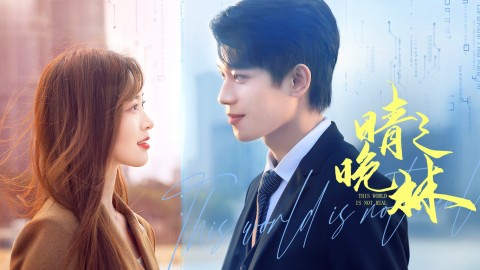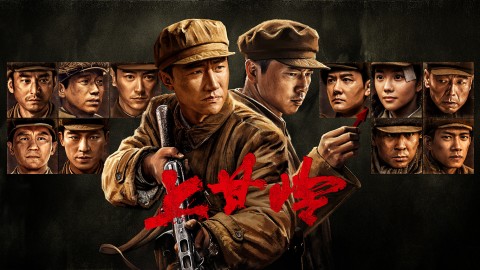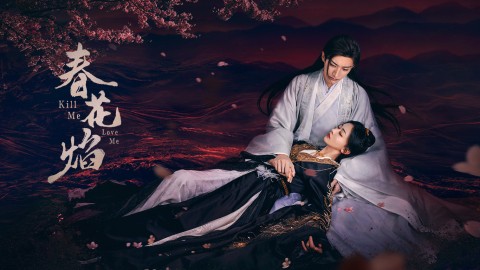Romance and Chaos: A Sharp Contrast between the Dramatic Works "Blooming Flowers" and "I Know I Love You
First, let's take a look at "Blooming Flowers." This drama takes the audience back to 1990s Shanghai, a time period filled with complex emotions and societal changes. Director Wong Kar-wai employs his signature artistic film techniques to present this historical era.
Non-linear narrative structure, jump cuts, and a lack of detailed exposition of events and character backgrounds are common elements in Wong's works. However, these techniques may not be readily accepted by all viewers in the television drama format. Some people believe that "Blooming Flowers" requires more patience from the audience to understand the layers and depth of the story.
In terms of directorial style, "Blooming Flowers" continues the artistic reputation Wong Kar-wai has established in the film industry. However, bringing this style to the small screen in the form of a TV drama did not receive unanimous praise. Some reviews pointed out that employing such complex and chaotic narrative techniques in a medium characterized by quick consumption may not be suitable.
On the other hand, "I Know I Love You" caters to mainstream tastes, combining fast-paced storytelling with the unique romantic emotional treatment commonly found in Korean dramas. It has received favorable reviews for its portrayal of emotions. Overall, "Blooming Flowers" and "I Know I Love You" showcase two distinct types of dramatic works.
The former explores the realm of TV dramas with an artistic film spirit, challenging traditional narratives, while the latter interprets classic themes with popular elements, catering to a wide audience. Although both works have garnered their respective supporters and critics, they undoubtedly add vibrancy to the current diverse film and television industry, seeking a balance between innovation and tradition.


